We bring you the beef, mutton and goat meat ensuring the best quality
Food Safety
All our production processes are designed to guarantee optimal Food Safety.
Traceability
From the slaughterhouse to the final customer, our production chain identifies the origin and destination of our products.
Animal Welfare
We work with a very well-established network of suppliers. Through annual approval systems we ensure compliance with the care, breeding, vaccination and cleaning of the animals.
Innovation
We make long-term prospection to continue increasing and improving quality controls in order to produce our meat in a safer, more efficient and sustainable way.
Certifications
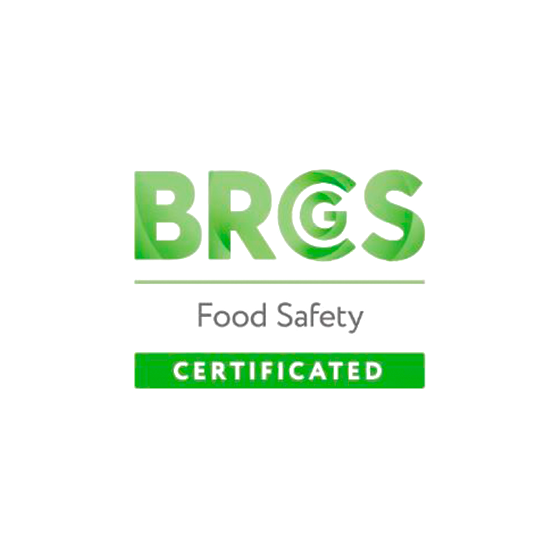
BRC Global Standards
BRC Global Standards es una organización internacional que establece estándares de calidad y seguridad para la cadena de suministro de alimentos. Estos estándares son ampliamente reconocidos y utilizados en todo el mundo para garantizar que los productos alimenticios se produzcan de manera segura y consistente.
BRC Global Standard for Food Safety: This is the best-known standard and focuses on food safety, quality and operational requirements for food manufacturers. It provides a framework for managing product safety, integrity, legality and quality, as well as operational controls for these criteria in the food industry.
Benefits of BRC Certification
- Safety and Quality Improvement
- Legal Compliance
- Consumer Confidence
- Access to Global Markets
International Recognition
BRC Global Standards is recognized by the Global Food Safety Initiative (GFSI), giving it a high level of credibility and acceptance around the world. This means that companies certified under BRC standards are considered reliable and committed to food safety and quality at a global level.
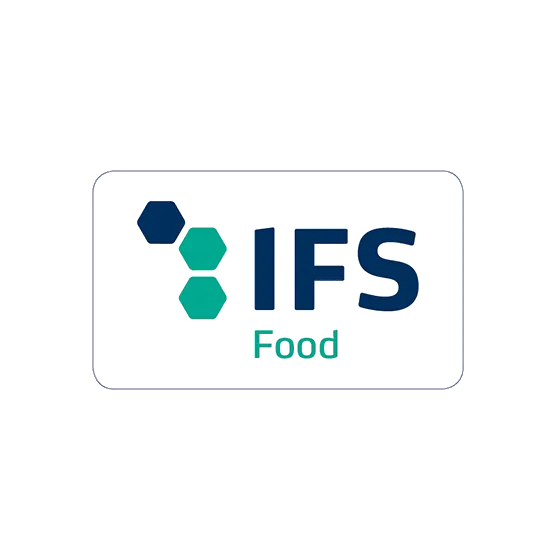
International Food Standards (IFS)
International Food Standards (IFS) is a set of standards designed to ensure the safety and quality of food products and other related products throughout the supply chain. IFS focuses on audits of companies that manufacture food or related products and the companies that supply them. These standards are internationally recognized and are aligned with the Global Food Safety Initiative (GFSI).
IFS Food: This is the most well-known and used standard, designed to audit the food safety and quality of processed products and bulk food products. IFS Food applies to all stages of food processing and is used by food manufacturers and food packaging companies. Icono de Validado por la comunidad
Benefits of IFS Certification
- Safety and Quality Improvement
- International Recognition
- Client confidence
- Legal Compliance
International Recognition
IFS is recognized by the Global Food Safety Initiative (GFSI), meaning its standards are aligned with global best practices in food safety. This gives the IFS certification a high level of credibility and acceptance around the world.
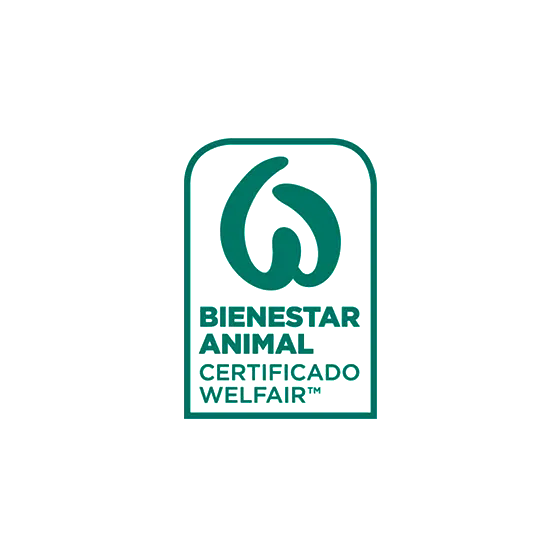
Animal Welfare Certificate
The Welfair™ Certificate is a standard developed to evaluate and certify animal welfare on livestock farms and in slaughterhouses. This certification ensures that the animals have been raised and handled in conditions that respect their well-being, in accordance with scientific and ethical criteria. Icono de Validado por la comunidad
he Welfair™ certificate is based on the four principles of Welfare Quality®, which are:
- Good Nutrition
- Good Accomodation
- Good Health
- Good Behaviour
Benefits from Welfair Certificate
- Consumer Confidence: Increases the confidence of consumers, who are increasingly concerned about animal welfare.
- Access to New Markets: Facilitates access to markets that value and require high standards of animal welfare.
- Improvement of Corporate Image: Demonstrates a commitment to ethics and social responsibility, improving the image of the company.
- Cumplimiento Legal: Ayuda a las empresas a cumplir con las normativas y regulaciones sobre bienestar animal.
International Certification and Recognition
The Welfair™ Certificate is gaining recognition internationally, especially in Europe, where consumers and supply chains are increasingly interested in animal welfare. Certifications are carried out by accredited bodies, guaranteeing the impartiality and accuracy of the evaluations.
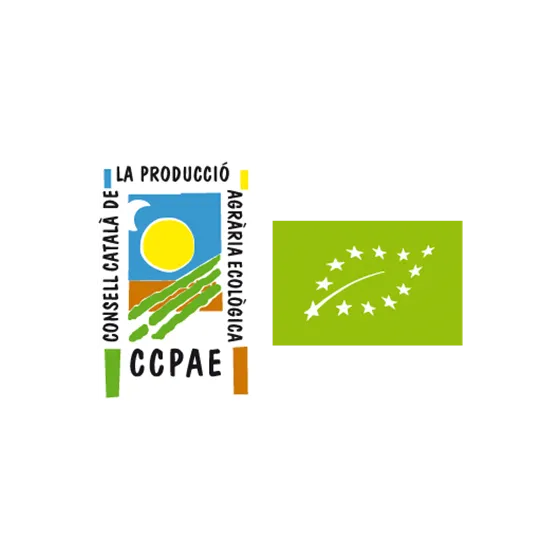
Certification from the Catalan Council of Organic Agricultural Production (CCPAE)
The Consell Català de la Producció Agrària Ecològica (CCPAE) is the certification authority in charge of regulating and certifying organic agricultural production in Catalonia. Its main objective is to guarantee that agricultural and food products labeled as organic comply with the organic production standards established by European regulations.
The CCPAE certifies in accordance with European organic production regulations, mainly Regulation (EU) 2018/848 and its complementary regulations. These regulate aspects such as the use of phytosanitary products, fertilizers, animal welfare, and sustainable management practices.
Benefits of CCPAE Certification
- Consumer Confidence
- Sostenibilidad Ambiental
- Add Value
- Access to New Markets
Products certified by the CCPAE carry the entity’s logo, as well as the European organic production logo. This labeling assures consumers that the product meets organic production standards.
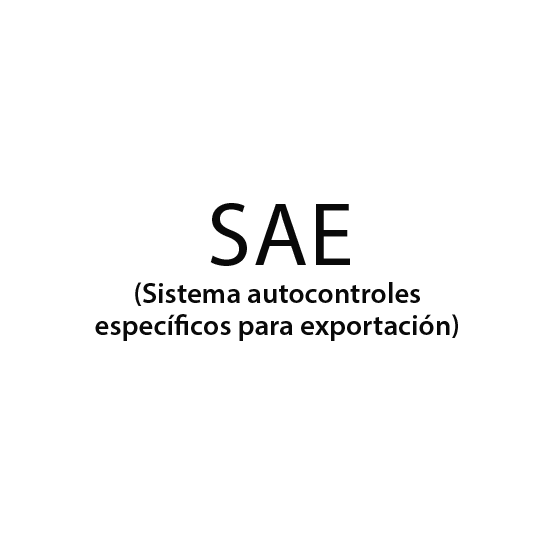
Specific self-control system for Export
The Certificate of Specific Self-Control Systems for Exports is a document issued by the health authorities of a country, which certifies that a company meets certain control and quality requirements necessary to export its products to international markets. This certificate is crucial to guarantee that products comply with food safety and quality regulations and standards established by importing countries.
Certificate Importance
- International Markets access
- Trusting the consumer
- Competitiveness
Obtaining and maintaining the Certificate of Specific Self-Control Systems for Exports is a continuous process that requires the commitment of the entire organization to maintain high quality and safety standards in its operations. Icono de Validado por la comunidad
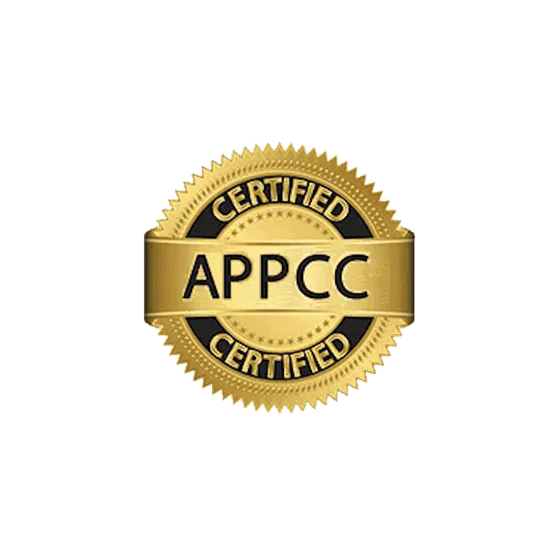
HACCP Certification
Hazard Analysis and Critical Control Points (HACCP or HACCP) certification is an internationally recognized management system that addresses food safety through the identification, evaluation and control of hazards that can affect the safety of products. the foods. This system is widely adopted in the food industry to ensure that products are safe for consumption.
Inglés Benefits of HACCP Certification
- Improving Food Safety
- Regulatory Compliance
- Consumer and Market Confidence
- Operational Efficiency
- Access to New Markets
HACCP certification is a rigorous and ongoing process that requires commitment and resources, but provides a solid foundation to ensure food safety and strengthen the company’s reputation in the global market.
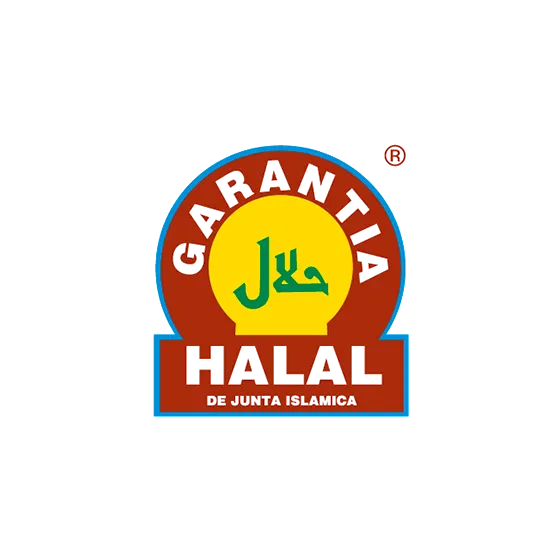
Halal Guarantee Certification from the Islamic Board
Islamic Board Halal Assurance Certification is a process by which products and services are verified to ensure that they meet the requirements and standards of Islam. This certification is essential for companies that want to market their products to Muslim consumers around the world. Halal certification covers a wide range of products, from food and beverages to cosmetics, pharmaceuticals and services such as tourism.
What Does Halal Mean?
“Halal” is an Arabic word that means “permitted” or “lawful” according to Islamic law (Sharia). Halal products must meet the following criteria:
- Permitted Ingredients: Products must not contain prohibited ingredients (Haram), such as pork, alcohol, or any substance derived from animals not slaughtered according to Islamic rites.
- Method of Sacrifice: Animals must be sacrificed by a Muslim in the name of Allah, using a specific method that ensures minimal suffering to the animal.
- Hygiene and Purity: Products must be pure, clean and must not be contaminated with prohibited substances during production, processing, storage and transportation.
The Islamic Board, as a certifying body, plays a crucial role in ensuring that Halal products and services maintain high quality standards and meet the religious requirements of Muslim consumers.
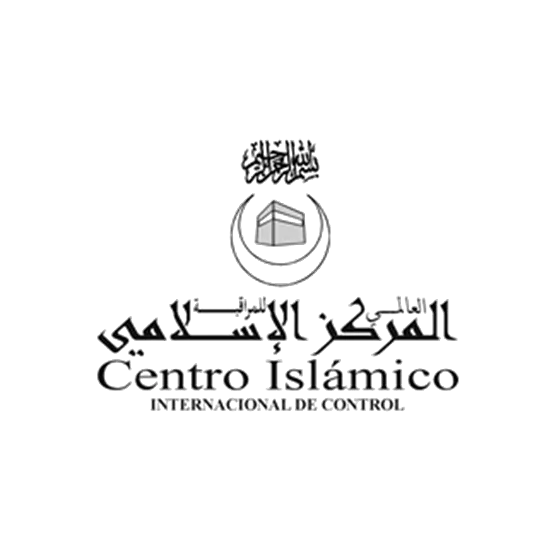
International Islamic Control Center Certification
The International Islamic Control Center (IICC) is an organization dedicated to Halal certification, ensuring that products and services comply with Islamic principles and standards. This certification is crucial for companies that want to access the market of Muslim consumers, who are looking for products and services in accordance with their religious beliefs.
What is Halal and why is it important?
Halal products must meet specific criteria, including:
- Ingredients: They must not contain prohibited components (Haram) such as pork, blood, alcohol, or products derived from animals not slaughtered according to Islamic rites.
- Processing Methods: They must follow hygienic procedures and avoid contamination with Haram substances.
- Sacrifice: Animals must be sacrificed by a Muslim, invoking the name of Allah, and following a method that minimizes the suffering of the animal.
In summary, Halal certification from the International Islamic Control Center is a comprehensive and rigorous process that ensures that products and services meet Islamic standards, providing trust and access to global markets for certified companies.
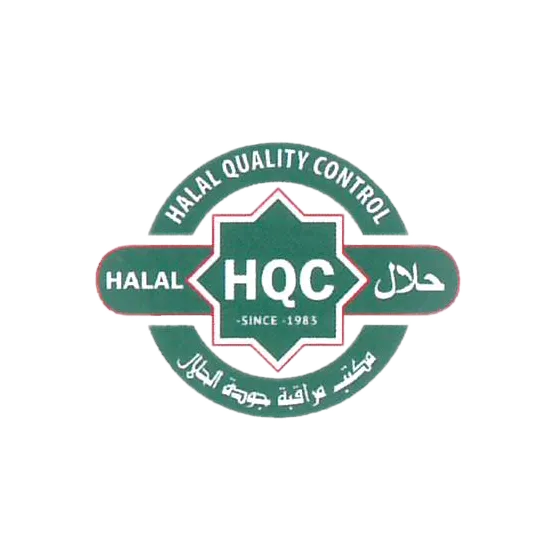
Halal Quality Control Certification
Halal Quality Control (HQC) certification is a recognition given to products and services that comply with the standards and requirements of Islamic law, known as Sharia. This certification is crucial for companies that want to access Muslim markets, assuring consumers that products are Halal, that is, permitted according to Sharia.
Key Components of HQC Certification
- Sharia Compliance
- Audit Process
- Labeling and Traceability
Benefits of Halal Certification
- Access to Muslim Markets
- Trusting the consumer
- Competitive advantage
Our group has always believed in innovation and industrial advancement. We prioritize responding to the specific requirements of our clients, working together with them and moving towards increasingly personalized production.
In our facilities, we have two automatic cutting lines: one for muttonn and another for beef, freezing tunnels and maintenance chambers for the finished product. Our entire process is characterized by constant traceability and monitoring, ensuring at all times a health guarantee and completely guaranteed quality.
Food Safety
Our company has a traceability system in accordance with current legislation. By coding the products, our computer systems carry out exhaustive tracking and identification of the origin of the animal, the slaughterhouse, the cutting room and the final destination of the product to our customers.
In addition, we have the strictest quality certifications on the market and slaughter traceability control, which allows us to offer a percentage of our production as Halal.